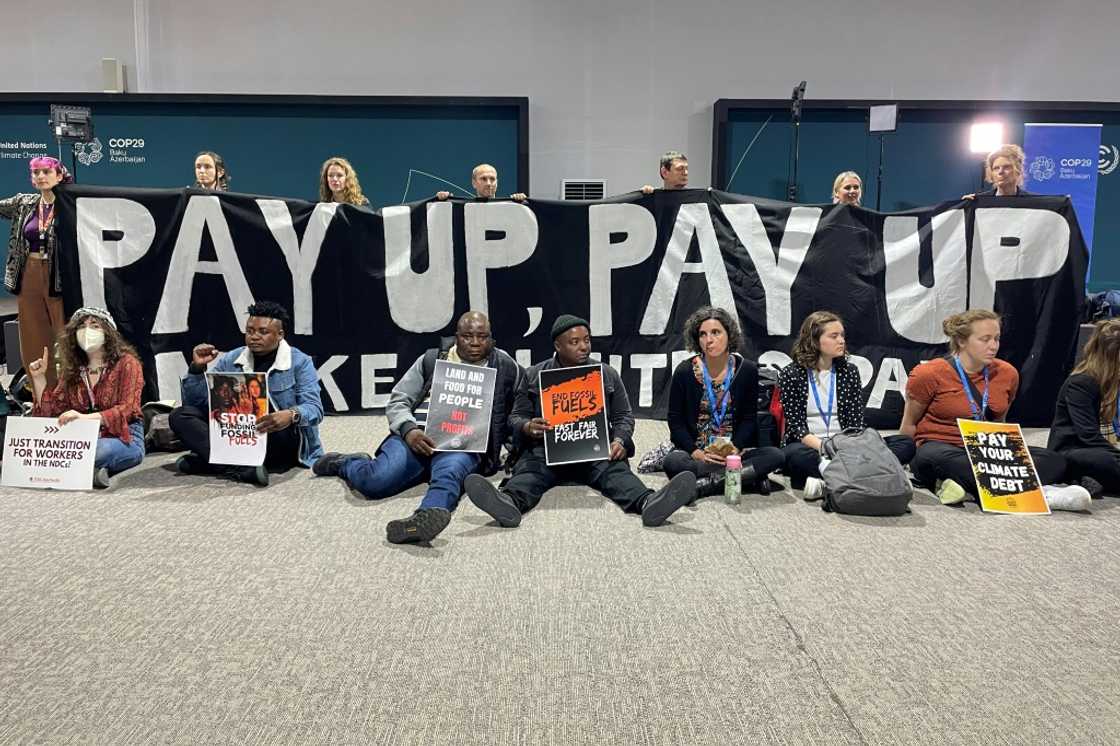A growing number of delegates from poorer country at the Cop29 UN climate talks have said that China and India should no longer be treated as developing countries in the same way as some of the poorest African nations.
Some of them said that China should take on some additional responsibility for providing financial help to the poorest and most vulnerable, several delegates told the Guardian. India should not be eligible for receiving financial help as it has no trouble attracting investment, some said.
Balarabe Abbas Lawal, who is Nigeria’s environment minister, said: “China and India cannot be classified in the same category as Nigeria and other African countries. I think they are developing but they are in a faster phase than states like Nigeria.
“They should also commit in trying to support us. They should also come and make some contribution [to climate finance for poorer countries].”
China and India are regarded as developing countries at the Cop29 climate talks, using classifications that date back to 1992 when the UN framework convention on climate change (UNFCCC) was signed. That means they have no formal obligation to cut their greenhouse gas emissions or to provide financial help to poorer countries, and technically are eligible to receive climate aid, though China chooses not to do so.
Read also: Unicef says eight times more children will face extreme heatwaves by 2050s
“Those that actually deserve this support are African countries, poor Asian countries and small island states that are facing devastating climate change issues,” Lawal said.
His views were echoed by two other representatives from developing countries at the talks. An African negotiator said: “China, India, South Africa, Egypt: those countries should not be on the list of developing countries. In the framework, they have conditions to access funds, much more than us. They should be contributing.”
Susana Muhamad, the environment minister of Colombia, said: “The developed and developing country categories are obsolete. These categories should be changed. The problem is that the Paris agreement and the UNFCCC are negotiated on these categories.”
Nearly 200 governments are gathered in Azerbaijan for the second week of fortnight-long climate talks that are focused on how to give poor countries access to the $1tn a year they need to cut greenhouse gas emissions and cope with the impacts of extreme weather.
Story was adapted from the Guardian.
